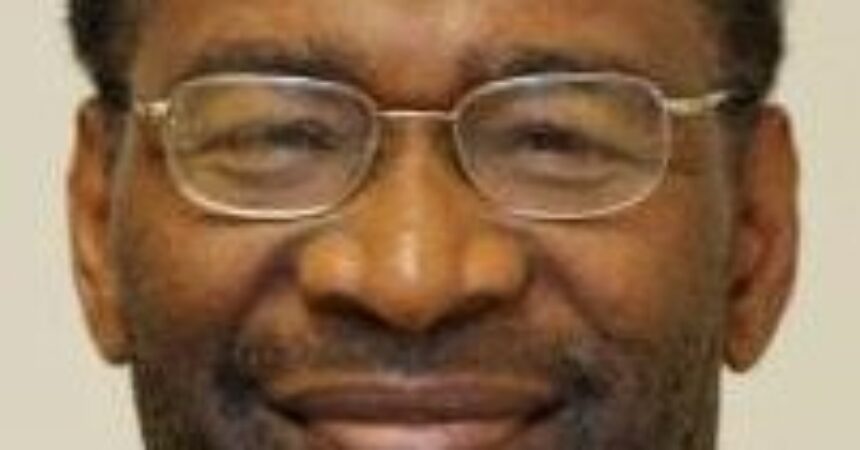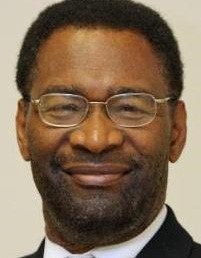
Citizen involvement made the difference — this time

It is indeed remarkable that an entire country is in celebration over the fact that its judicial system has done the right thing in ensuring correct law enforcement, if not for the first time, certainly the first time in about 25 years.
Remember Rodney King?
In more ways than one the country should have been able to say: What else is new, given the verdict handed down by the jury presided over by judge Kato. But no, thousands, if not millions, were in tears; some tears of joy, others expressing relief of their fear that justice once again was about to be denied. Many others hoped that this was the dawn of a new day in American law enforcement.
There are two ways to look at America’s response to the triple guilty verdict of Derek Chauvin murder of George Floyd. One is that America is tired of supporting continuous systemic violence inflicted on its people of color, particularly African Americans. The other is that America recognizes that it cannot any longer hide its contradictions and hypocrisies under its bed; America is clearer than ever before that its claim to be a practitioner of human rights is increasingly a laughing spectacle before the rest of the world.
America is learning that Candid Camera is watching the difference between its claim of being a decent country and its social and governmental practices; they just don’t match. We, the people, through protests are shining the light on America’s gap between its promise and its practice.
How to ensure that we keep domestic and international Candid Camera on America?
First, as individuals, let’s adopt the mantra: “See something, say something,” and use your camera to “show and tell.” (A citizen, 17 year old Darnella Frazier, took the video for all the world to see what Derek Chauvin was doing to George Floyd’s neck.) The mantra essentially is what we hear as we go through airports and other public spaces where there’s always a chance that someone of criminal intent is among us to terrorize the public. Likewise, let’s put a stop to “bad cop” violence against effective, humane law enforcement. Let each of us become engaged in rooting out bad cops from among the vast number of good cops who put their lives on the line for all of us. Positive, proactive citizen engagement is the best way to show our support for good cops around the country.
The second approach that can reduce bad cop violence against good governance in law enforcement is for us to move our street protests to policy making in our nation’s legislatures, starting in Congress with the George Floyd Justice in Policing, 2021 bill. Congress must pass that law. It’s not a Democratic Party bill, it’s a “We the people’s bill.” Currently, laws in many parts of the country seemingly legitimize bad cop behavior; for instance, a knee on a citizen’s neck should never be legal in this country or elsewhere.
Laws like these commit what political scientists call “structural violence” or what we generally refer to as systemic violence endorsed by laws providing cover for reckless behavior by notorious police officers, such as Chauvin. What he did to Floyd should never be legitimized by any law making body in the land. Any country, including America, that makes it easy for bad police officers to conduct acts of brutality without accountability qualifies itself as an agent of state sponsored terrorism against its citizens. This country’s law enforcement practices should be backed by laws that enable a demonstration of respect for the sanctity of human life, irrespective of one’s race, color or creed.
What the verdict did was to signal to this great country, that it knows how to act justly, but America still needs prodding to do the right thing. We the people can help, for in doing so we are really helping ourselves as a country. Deep in our hearts, we are better than what Chauvin would have us believe.
Thus, a third and very related approach to fixing our poor administration of justice in many parts of America is to stay engaged in continuous conversation among ourselves. As part of that dialog, we must insist on increased levels of accountability, transparency and continuous improvement of our laws that will ensure good governance. As part of continuous conversation, it’s a good idea to keep asking ourselves: What can I do in my home, my school, my church, or my workplace to make America a better place tomorrow than it is today.
Keith C. Simmonds, Ph.D. is a political science professor at Florida A&M University







